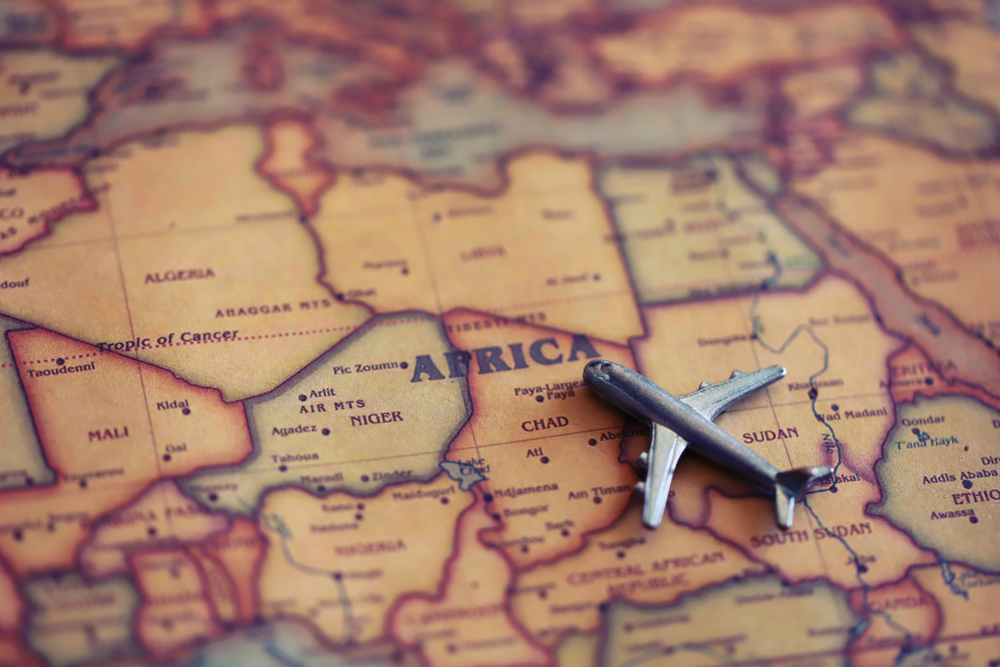By embracing a single African air transport market, the continent could grow the aviation industry, create more jobs and allow people to travel regionally.
Cooperation in Africa’s air travel could create at least 155,000 jobs and $1.3 billion more in economic growth. It could also stop the situation where travelling to Europe is cheaper than travelling around the continent.
And the opportunity exists right now, as a result of COVID-19. Many airlines are grounded. Some permanently. But, as wind blows out a candle but fans a fire, this can be an opportunity.
This will give the surviving airlines a fighting chance to rebound and thrive as air travel re-opens. It will provide consumers with lower fares, higher connectivity and greater choice.
Economies will also benefit.
The first step is to free up the physical airspace above countries. That space, and the aviation industry, is governed by the Chicago Convention. This recognises the sovereignty of states to the airspace above their territory. They are mandated to provide air navigation infrastructure to guide flights in that airspace. In return, they can charge modest fees to recover their costs, like toll stations in the sky.
But the fees vary wildly from country to country. In West Africa, countries work together and manage their airspace as one. Europe does the same. Other African countries should follow suit. This avoids the duplication of equipment and costs, resulting in lower overflight fees and hence lower operational costs for airlines and cheaper tickets. The flight of a typical regional aircraft, a Boeing 737, over a distance of 925 kilometres attracts overflight fees as high as US$1,265 in Sudan and as low as US$50 in the Seychelles. This is according to calculations by the African Airlines Association.
Many countries consider aviation as a cash cow and milk it for what it is worth.
In West Africa, countries work together and manage their airspace as one. Europe does the same. Other African countries should follow suit. This avoids the duplication of equipment and costs, resulting in lower overflight fees and hence lower operational costs for airlines and cheaper tickets.
The second step concerns access to markets. Africa has a structural weakness where there is poor travel between countries, and a reliance on overseas airlines. During the phase of COVID-19 lockdowns , this meant many Africans were marooned in other countries.
With fewer flights, offering little intra-African travel, the airline industry has not reached its potential. This means […]
